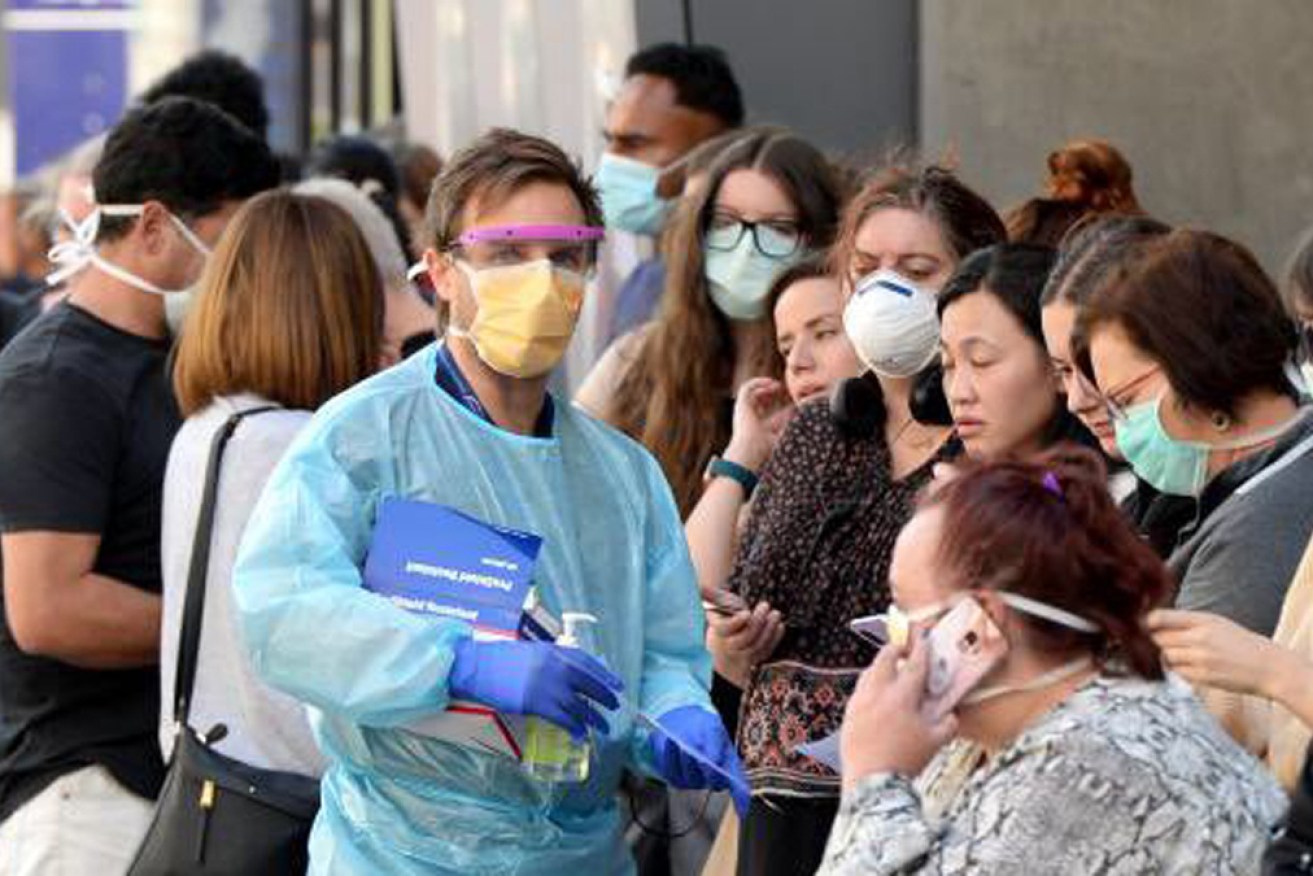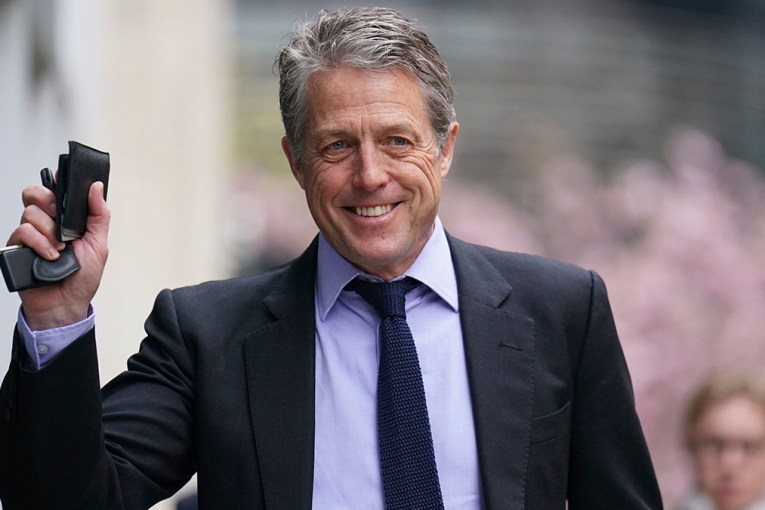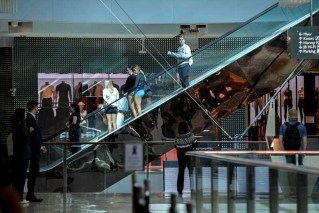Coronavirus: ‘Australia is in a good position’, medical authorities say


One wrong move could see our case numbers spike. Photo: Twitter
The text message only said two words: “I’m scared.”
A different number, an hour later: “What’s the deal with lockdown?”
Then a third: “A co-worker is being tested.”
For the past week, Australians have woken up to headlines declaring the mounting global death toll, mass graves in Iran and millions of people across the globe trapped in their homes.
They’ve anxiously texted their friends and found themselves refreshing news feeds for fresh information on the coronavirus.
Some, in a bizarre and extreme move, have filled their cupboards with toilet paper.
It’s hard to fight the panic. But before we collectively cancel 2020 and head to the bunkers, some of Australia’s leading health professional want one thing to be very clear: we have been prepared for years.

A security guard in the toilet paper aisle at Coles last week. Photo: Twitter
“We are in a good position,” Paul Komesaroff, professor of medicine and director, Centre for Ethics, Monash University told The New Daily.
“The fact we’ve taken measures early, like self-isolation and travel bans, has at least to some extent protected the community.
“We have processes and protocols in place to set up testing facilities, to educate the community. We’ve already done quite a lot of important work.”
Although no government or community can ever rule out worst-case scenarios, there are some clear cut differences between Australia and countries more acutely affected.
In Iran for instance, officials failed to take protective measures and after the first coronavirus deaths, they played down the threat.
Ground Zero for Iran’s outbreak, the city of Qom, is filled with shrines people touch and kiss, which is thought to have spurred on the viral spread.

Iranian Deputy Health Minister Iraj Harirchi (L) was tested positive for coronavirus.
The country also went through a general election right after the initial outbreak, and at some polling places in regional areas, no health and safety measures like wearing masks were undertaken.
At first, the government said they weren’t interested in quarantining the city and it took officials 19 days after the first death to cancel Friday prayers.
In short, the country was ill-equipped and acted slowly. In the Middle East, it became the heart of the outbreak.
In Europe, Italy has been hit the hardest. Last week, in just 24 hours the country’s death toll jumped from 189 to 1016, making it the worst hit after China.
The virus has overwhelmed the country’s health system, especially in the north in Lombardy, one of the wealthiest regions in Europe.
It’s not completely clear why cases ramped up so fast. It may be partially due to the fact Italy has an older population who are more at risk.
There is also speculation it spread between health workers before doctors realised it was a problem, as about 10 per cent of medical workers in Lombardy have been infected.
Others have argued it just snuck up on the country. One former Italian Prime Minister, Matteo Renzi, pointed out to The New York Times the virus had been in the country for 10 days before the government caught on.
“Today the red zone is Italy,” he warned.
Associate professor Adam Kamradt-Scott from the Centre for International Security Studies at the University of Sydney said we had been preparing for a pandemic for years.
“Our plans are nuanced, and permit variation to allow for a proportionate response to the threat we face,” he said.
“Our leaders and senior public health officials are receiving some of the best medical and public health advice that is available, informed by people who have been working on the possibility of this very scenario for years.”

A tent set up in front of the emergency ward of the Cremona hospital in northern Italy.
Last week, the Australian government announced a national health plan, which includes 100 private practice respiratory clinics, and extension of the telehealth services.
“The Australian response to COVID-19 has also included a number of measures designed to firstly contain and now slow the spread,” a spokesperson for the Department of Health said.
“This includes current travel bans (some of which have now been in place for some time), previous careful repatriations and quarantines of at-risk Australians overseas and now the advice provided today regarding not undertaking mass gatherings of more than 500 people.
“These measures are proportionate and made deliberately early to slow the spread and get ahead of the curve.”
Speaking on Friday, Prime Minister Scott Morrison advised all Australians to reconsider their overseas travel plans, regardless of destination, age or health. He said from Monday, gatherings of more than 500 people should be suspended.
Tweet from @drajm
University of Queensland virologist Ian Mackay said there have been positives to our national response that set us apart, including pandemic plans and efficient laboratories.
“I think we’ve done a pretty good job,” he said.
“One of the big things missing has been good reliable communication to the public. That really has not been there.
“We could have stopped the panic earlier; we could have some detail about what you can do. That’s all been missing. We’ve had some mixed messages, it’s a bit annoying.”








